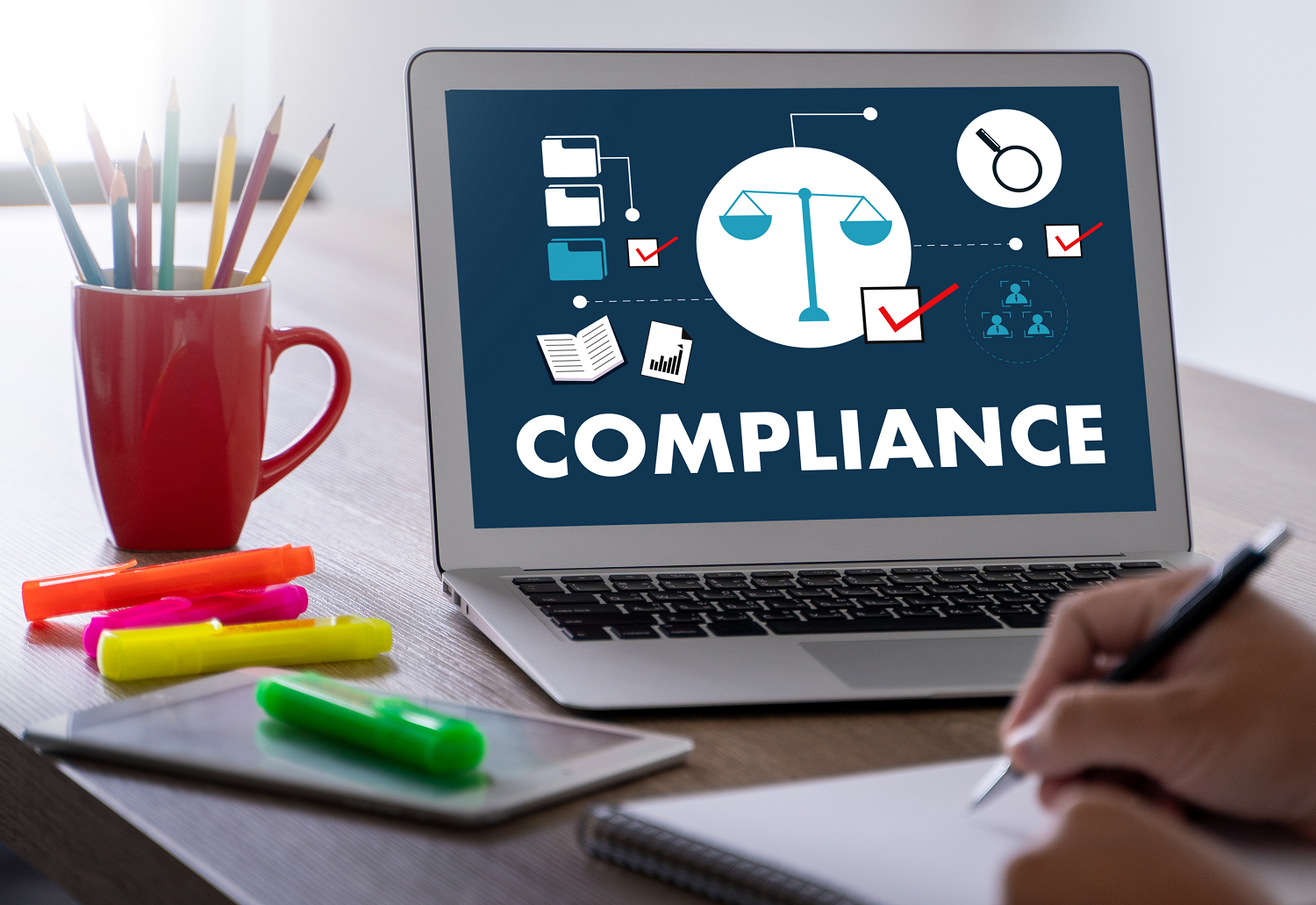
7 compliance questions to ask about setting up and running charity raffles and weekly lottery
When setting up your charity raffle and/or weekly lottery, it can understandably be daunting and potentially off-putting to consider the legal aspects of the process – whether you’re a small charity or well-established.
You’ll need to conform to the rigorous compliance requirements your charity will have in place already to protect your donors and their personal data such as the UK-GDPR, and make sure payments are processed in a secure environment.
If you outsource payment processing, this should be with compliant suppliers validated for PCI-DSS Level 1 and approved by Bacs.
If you’re outsourcing, the best thing to do is look out for fundraising advisory services providers like Woods Valldata who have the highest levels of compliance standards. That way, you’ll know your supporters, their data, and the reputation of your charity are in safe hands.
On top of the standard compliance requirements for fundraising, you also need to adhere to compliance requirements around the Gambling Act 2005 and the Gambling Commission (GC) Licence Conditions and Codes of Practice (LCCP).
As you embark on your prize-led fundraising journey, we recommend familiarising yourself with these documents. As a quick guide, however, you’ll need to consider the following 7 questions...
7 compliance questions to consider before setting up and running a charity raffle or lottery:
1. What kind of licence should you have?
You will need a licence to run a traditional raffle or weekly lottery. The Gambling Commission define a lottery as...
…a kind of gambling that has three essential elements:
- Payment is required to participate.
- One or more prizes are awarded.
- Those prizes are awarded by chance.
Quite simply, in terms of licensing, if the total value of lottery tickets you put on sale per single lottery is £20,000 or less, or the aggregate value of tickets you put on sale for all your charity lotteries is less than £250,000 per year, all you’ll need to do is apply for a licence with your local authority and you’ll be ready to go!
If your ambitions exceed these levels, you’ll need to apply for a Gambling Commission licence. It’s worth noting that this may take some time that you’ll need to allow for in your planning.

2. Who will be your responsible person?
You will need to have a ‘responsible person’ named on your license. This person will appear on your terms and conditions and on your entry tickets. It’s worth making sure that you have more than one ‘responsible person’ registered as your raffle/weekly lottery cannot go ahead if they are not continuously employed by your charity.
This person will have ultimate responsibility for the compliance of the raffle/weekly lottery with an obligation to ensure staff are trained appropriately, and ensure that third parties adhere to requirements.
Working with an experienced External Lottery Manager (ELM) like Woods Valldata and making the most of our fundraising advisory services will make the process less daunting, and enable you to remain compliant throughout. We even hold an annual training event for all our charity partners working with us on their raffle and weekly lotteries.
3. How much can you raise through your raffle/weekly lottery?
Raffles and weekly lotteries should be about benefitting society. For a charity like yours, this is your main aim too, so we’re all aligned. Indeed, one of the conditions of running a raffle or weekly lottery is that at least 20% of the proceeds (aka ticket sales) MUST go to a good cause.
When you’re setting up your programme, it’s worth having a look at how your ticket sales will cover your expenses to make sure you have 20% remaining for your cause.
What’s more, even when you have your own licence, you need to ensure that proceeds from any single draw do not exceed £5,000,000 and your total proceeds (in reliance to a licence – i.e., across raffle and lottery) do not exceed £50,000,000 across a calendar year.
4. Who can enter the raffle/weekly lottery?
UK residents over the age of 16 can enter a GB raffle or weekly lottery. We tend to find that most players will be at least 35 and probably upwards of 55. At point of sign-up or entry online, you will need to check that the player fulfils these requirements. This can be done by date of birth and checking the address given.
As part of your legal requirements, you will also need to pay special attention to the following:
Children
You will have a responsibility through your raffle/weekly lottery to ensure it does not appeal to children – and that they do not play. When you’re advertising you need to make sure you restrict content and media to over 18s only and that you make it clear that only over 16s can play (although we recommend pushing that up to over 18s to align with the National Lottery).
Vulnerable supporters
If an individual has been deemed as vulnerable – either by themselves, by a legal representative such as power of attorney, or based on the behaviour of the individuals observed by the charity or third party – they must be flagged as a vulnerable supporter and any remaining funds allocated to playing returned to them.
Problem gambling
Whilst problem gambling is not a big risk for charity raffles and weekly lotteries, you will need to have a system in place to identify and deal with possible problem gambling. Your ELM will work with you on this. As a minimum, you should have:
- a way for the individual to notify you that they have a problem with gambling and wish to self-exclude
- a way to ensure self-excluders are not contacted about your raffle or weekly lottery in the future
- a system which returns any money they have sent not yet spent on a raffle/lottery and cancels any lottery direct debit with immediate effect
- a maximum number of entries allowed per supporter per draw to discourage problem gambling

5. What goes on the tickets?
Whether a ticket or chance is purchased face-to-face, online, by post or by any other means the player must receive a document which provides essential information about their entry. This includes:
- who the promoting society is
- the name and address of the person responsible for the lottery (see point 2 above)
- and either confirms the date of the lottery draw, or enables the date of the draw to be determined
In addition, the price of every entry must be the same for everyone, be shown on the ticket or document and be paid in advance of receiving the ticket.
6. How should the draw be managed?
This will be slightly different for charity raffles and for weekly lotteries depending on whether you’re working with wholly electronic entries, wholly physical entries or a combination of both.
Regardless, the central premise is that everyone must have a fair and equal chance of winning the prize fund. Your ELM should support you in providing the best possible draw process for your programme.
Woods Valldata have over 20-years’ experience providing fundraising advisory services and hosting and managing compliant draws for a variety of draw types including raffle, lottery and super draws too (where the raffle and weekly lottery combines in a single draw on a single date).
7. What else do I need to know?
There’s always more to learn. We recommend that you understand and comply with the relevant sections of the Gambling Act 2005 and the Gambling Commission LCCP (and remote technical standards if your raffle or weekly lottery includes any online element). As part of that double, check the following:
- Reporting and returns submissions to the GC including key events.
- Your terms and conditions.
- Your required policies and procedures.
- Your commitments relating to children, vulnerable people and problem gamblers.
- Training requirements.
Ultimately, you’re complying within a legal framework that protects you and your supporters – it’s all good! Sometimes, though, you might need a little extra support to check that you’re doing things right.
That’s where Woods Valldata are your ideal External Lottery Manager partner with:
- over 20 years' experience of running and managing raffles and weekly lotteries
- dedicated in-house compliance team
- account management and operational teams experienced in running raffle and lotteries
- the highest level of compliance accreditations
- access to advice from leading licensing, regulatory and litigation law firm, Woods Whur
- free online annual gambling commission compliance event in association with Woods Whur
- PLUS, access to our leading data, creative and programme strategy expertise to really make your programmes fly.
Contact us now for your free, no obligation consultation!
Categories
- charity fundraising (55)
- Income Generation for Charities (43)
- Lottery (41)
- Raffle (37)
- Appeal response handling (33)
- Response Handling (31)
- fundraising insights (24)
- charity gaming (20)
- Fulfilment (18)
- charity insights (17)
- charity raffle (17)
- Compliance (12)
- creating a fundraising strategy (12)
- Company News (11)
- benchmarks (10)
- Direct Debit (9)
- Services (8)
- Gambling Act (5)
- supporter experience (1)
Archives
- March 2020 (5)
- May 2022 (4)
- October 2022 (4)
- January 2023 (4)
- June 2023 (4)
- May 2024 (4)
- June 2024 (4)
- January 2026 (4)
- March 2021 (3)
- April 2021 (3)
- July 2023 (3)
- August 2023 (3)
- April 2024 (3)
- July 2024 (3)
- November 2025 (3)
- June 2020 (2)
- August 2020 (2)
- October 2020 (2)
- November 2020 (2)
- November 2021 (2)
- January 2022 (2)
- February 2022 (2)
- February 2023 (2)
- March 2023 (2)
- September 2023 (2)
- December 2023 (2)
- February 2024 (2)
- March 2024 (2)
- February 2025 (2)
- July 2025 (2)
- December 2025 (2)
- June 2015 (1)
- November 2017 (1)
- February 2020 (1)
- April 2020 (1)
- May 2020 (1)
- July 2020 (1)
- September 2020 (1)
- May 2021 (1)
- June 2021 (1)
- August 2021 (1)
- September 2021 (1)
- October 2021 (1)
- December 2021 (1)
- March 2022 (1)
- April 2022 (1)
- June 2022 (1)
- July 2022 (1)
- August 2022 (1)
- September 2022 (1)
- December 2022 (1)
- May 2023 (1)
- October 2023 (1)
- November 2023 (1)
- January 2024 (1)
- September 2024 (1)
- January 2025 (1)
- March 2025 (1)
- September 2025 (1)
- October 2025 (1)
- February 2026 (1)
